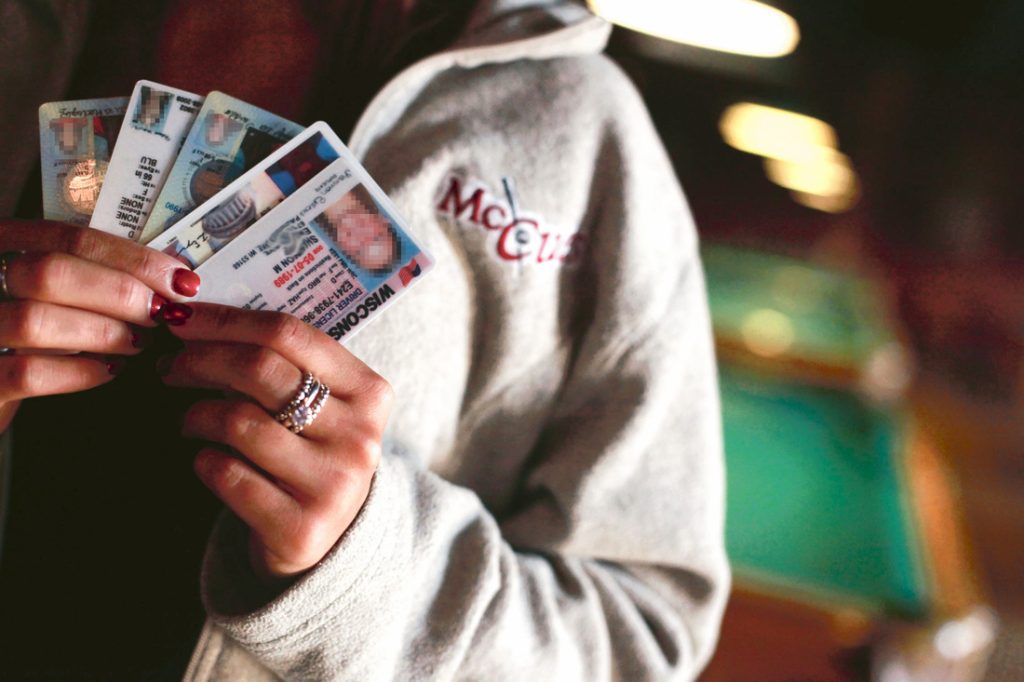The rise of fake ID services in recent years has become a growing concern for businesses across various industries. These services offer counterfeit identification documents, such as driver’s licenses, passports, and social security cards, to individuals seeking to assume false identities or engage in illegal activities. The impact of these fake ID services on businesses can be substantial, ranging from financial losses to reputational damage. In this article, we will explore the potential consequences that businesses may face when confronted with the proliferation of fake ID services.
Financial Losses:
One of the primary impacts of fake ID services on businesses is the potential for financial losses. Fraudulent activities, such as identity theft, underage purchases, or fraudulent transactions, can lead to substantial financial harm. Businesses can face significant chargeback and losses due to fraudulent purchases made with fake IDs. Moreover, if the business fails to identify these counterfeit documents, they may inadvertently provide products or services to individuals engaging in illegal activities, leading to financial and legal consequences.
Increased Legal and Compliance Risks:
The use of fake IDs creates legal and compliance risks for businesses, particularly in industries with strict age restrictions or regulatory requirements. Similarly, financial institutions and healthcare providers must adhere to Know Your Customer KYC and anti-money laundering AML regulations, making it crucial to detect and prevent the use of counterfeit identification documents and know how to get texas id.

Reputational Damage:
The discovery of fake IDs being used within a business can lead to significant reputational damage. Customers value trust and expect businesses to uphold ethical standards and maintain a secure environment. If it becomes public knowledge that a business has unknowingly accepted fake identification or failed to prevent fraudulent activities, it can tarnish its reputation. Negative publicity and word-of-mouth can deter potential customers, impacting customer loyalty and ultimately leading to a decline in sales.
Increased Operational Costs:
Businesses affected by the use of fake IDs may incur additional operational costs. They may need to invest in advanced identity verification technologies, employee training programs, or consult legal professionals to develop robust compliance measures. These measures can be expensive and time-consuming, diverting resources that could have been utilized for business growth and development. Moreover, businesses may need to allocate staff specifically to handle identity verification procedures, resulting in increased labor costs.
Diminished Customer Experience:
The need for stringent identity verification processes to counteract fake ID services can negatively impact the overall customer experience. Lengthy and intrusive identification checks can create friction and inconvenience for legitimate customers. This can lead to decreased customer satisfaction and loyalty, potentially driving customers to seek alternatives where the verification process is perceived as less burdensome.
Conclusion:
The proliferation of fake ID services poses significant challenges and risks to businesses across various sectors. The financial losses, legal and compliance risks, reputational damage, increased operational costs, and diminished customer experience associated with the use of counterfeit identification documents can have far-reaching consequences. To mitigate these risks, businesses must prioritize robust identity verification measures, invest in cutting-edge technologies, and ensure their employees are trained to detect fraudulent activities effectively. By staying vigilant and proactive, businesses can protect themselves and their customers from the detrimental impact of fake ID services.
